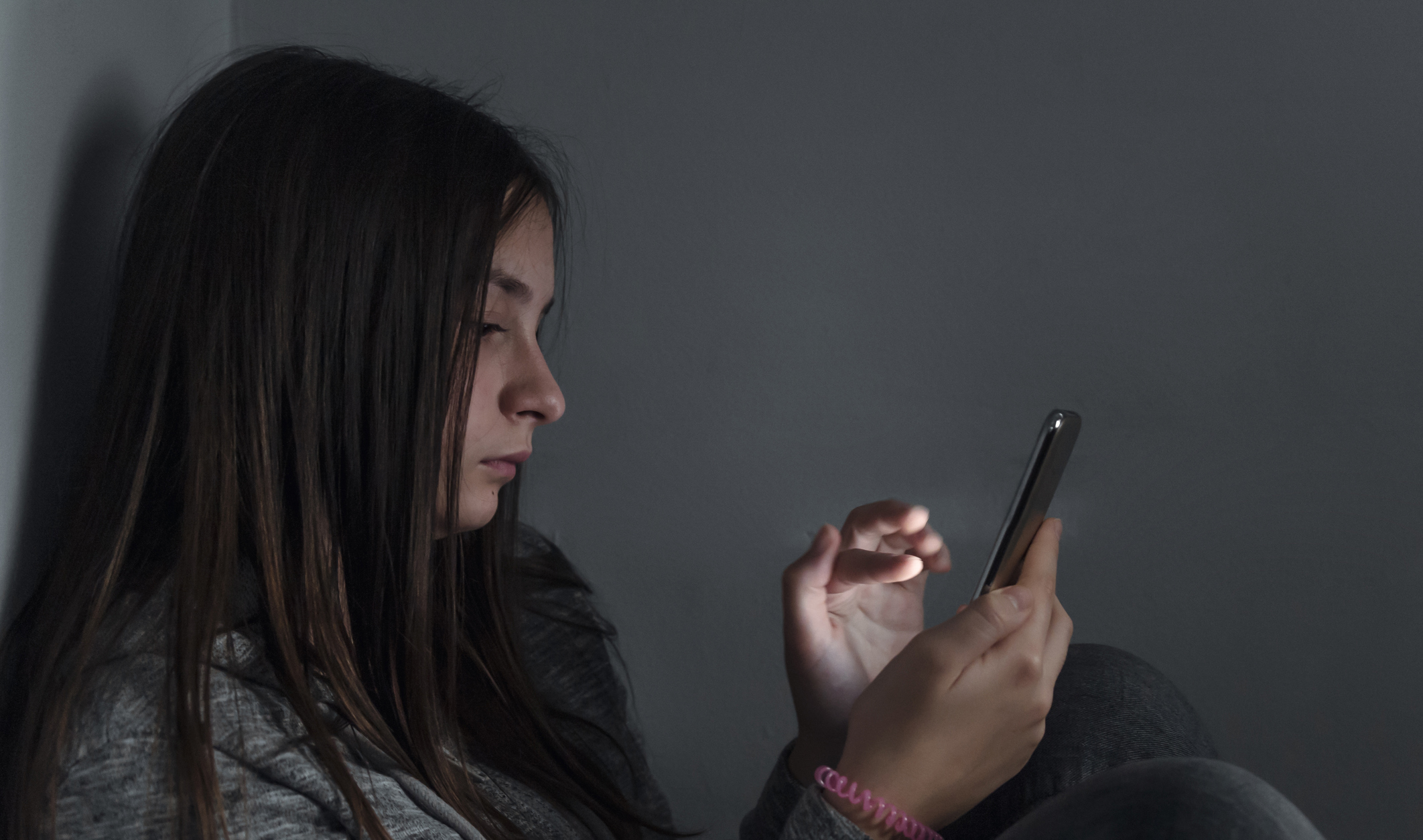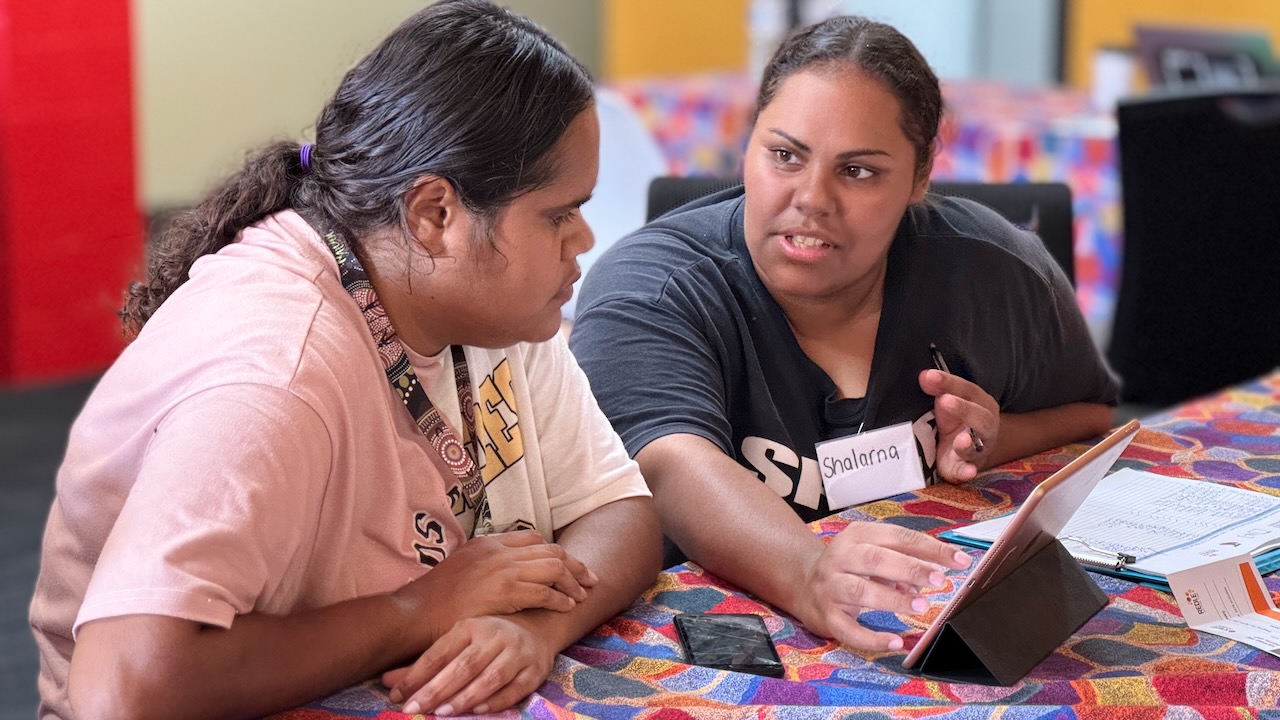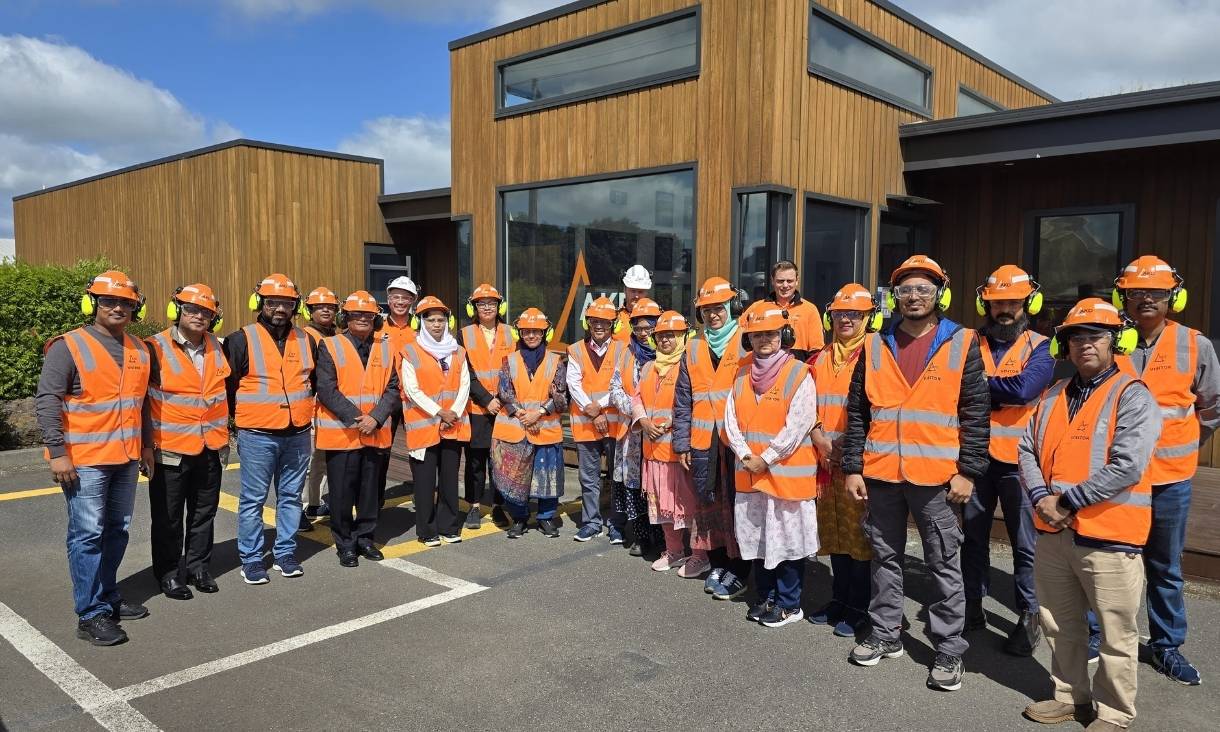Image-based sexual abuse involves taking, sharing or threatening to share nude or sexual images of others without their consent.
RMIT researchers led the online survey of more than 4,200 people aged 16 to 49.
They found nearly nine per cent of people had taken a nude or sexual photo or video of someone else without their consent, while more than six per cent had shared or distributed one.
RMIT Vice-Chancellor’s research fellow and chief investigator Associate Professor Nicola Henry said image-based abuse was much more than the colloquially-known revenge porn.
“Image-based abuse is a complex and diverse problem, and this is the first time we have been able to quantify the perpetration of it among a large sample of Australian adults,” Henry said.
“Perpetration can range from upskirting and downblousing to a partner out to get revenge after a break up by sharing or threatening to distribute images.
“We also know of computer hackers accessing a victim’s webcam and their personal computer files as well as sexual assaults or rapes being filmed.”
The research – undertaken in conjunction with Monash University and set to be published in Computers in Human Behavior next month - also highlighted community attitudes towards image-based sexual abuse.
The survey showed that many survey respondents held victim blaming-attitudes towards image-based sexual abuse.
The research also found:
- Men were significantly more likely than women to self-report being a perpetrator of image-based sexual abuse;
- Offenders were more likely to share photos or videos of people they knew such as a partner, ex-partner, friend or family member;
- Lesbian, gay and bisexual survey participants were more likely than heterosexual participants to engage in image-based sexual abuse;
- Victims were also more likely to have self-reported as a perpetrator, however, being a victim did not always lead to offending.
Co-author and RMIT Associate Professor in Criminology and Justice studies Anastasia Powell said a number of measures were needed to address image-based sexual abuse.
“While people do still tend to blame the victims, there is also widespread agreement in the community that perpetration of image-based abuse should be a crime, which shows that Australians take these harms very seriously,” Associate Professor Powell said.
“We need nationally consistent laws, support and information for victims, as well as consistent action by social media and website providers.
“We also need education that moves away from blaming and shaming the victims, and places the responsibility back onto perpetrators.”
The latest survey builds on the researchers’ previous work highlighting the mass scale of image-based abuse victimisation.
One in five people had suffered image-based abuse, according to 2017 research.
That research also showed that many survey respondents held victim-blaming attitudes towards image-based sexual abuse.
More than 70 per cent of survey respondents agreed with the statement that “people should know better than to take nude selfies in the first place”.
However, four out of five Australians (81 per cent) agreed with the statement “it should be a crime for someone to share a nude or sexual image of another person without that person’s permission”.
Story: Amelia Harris





